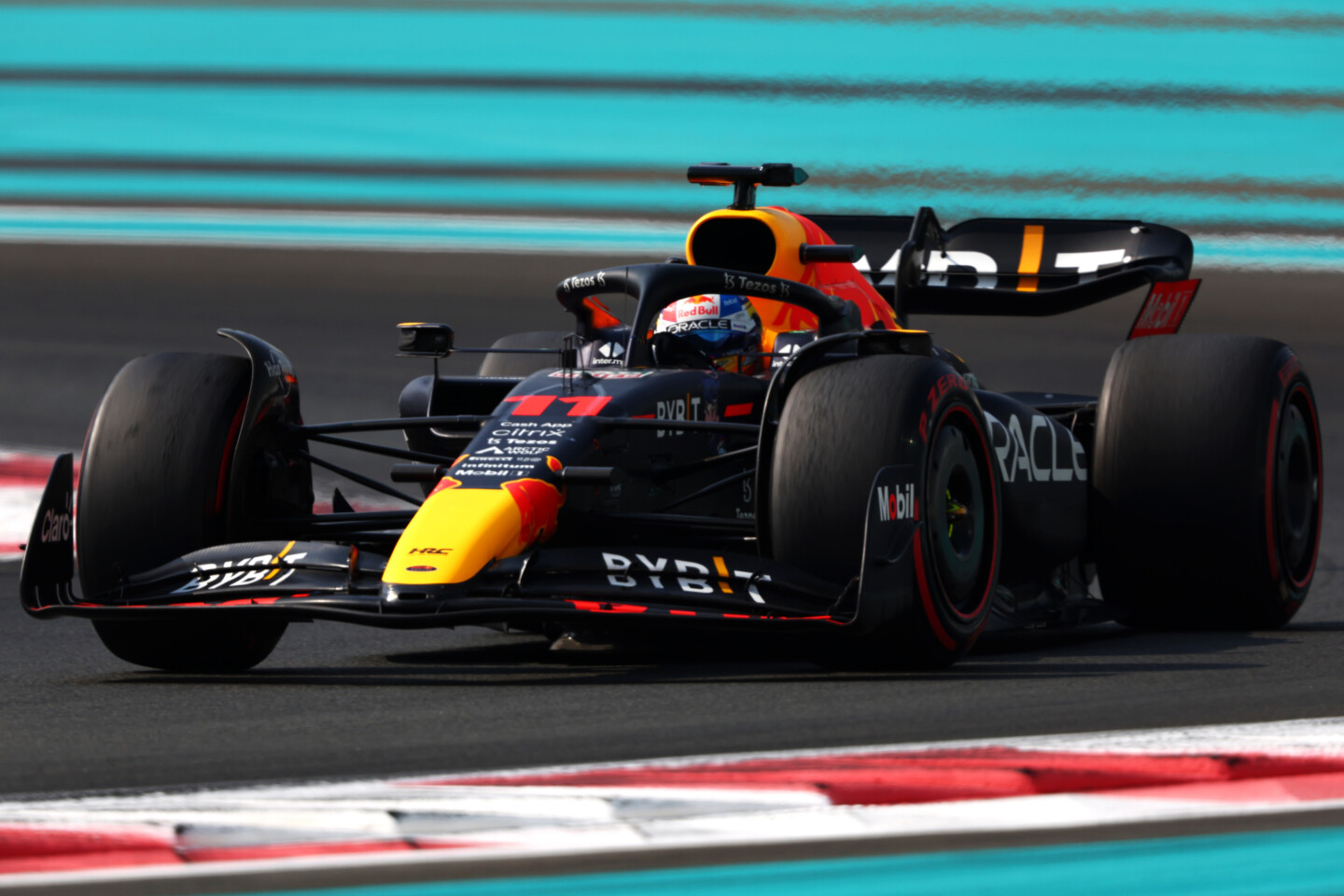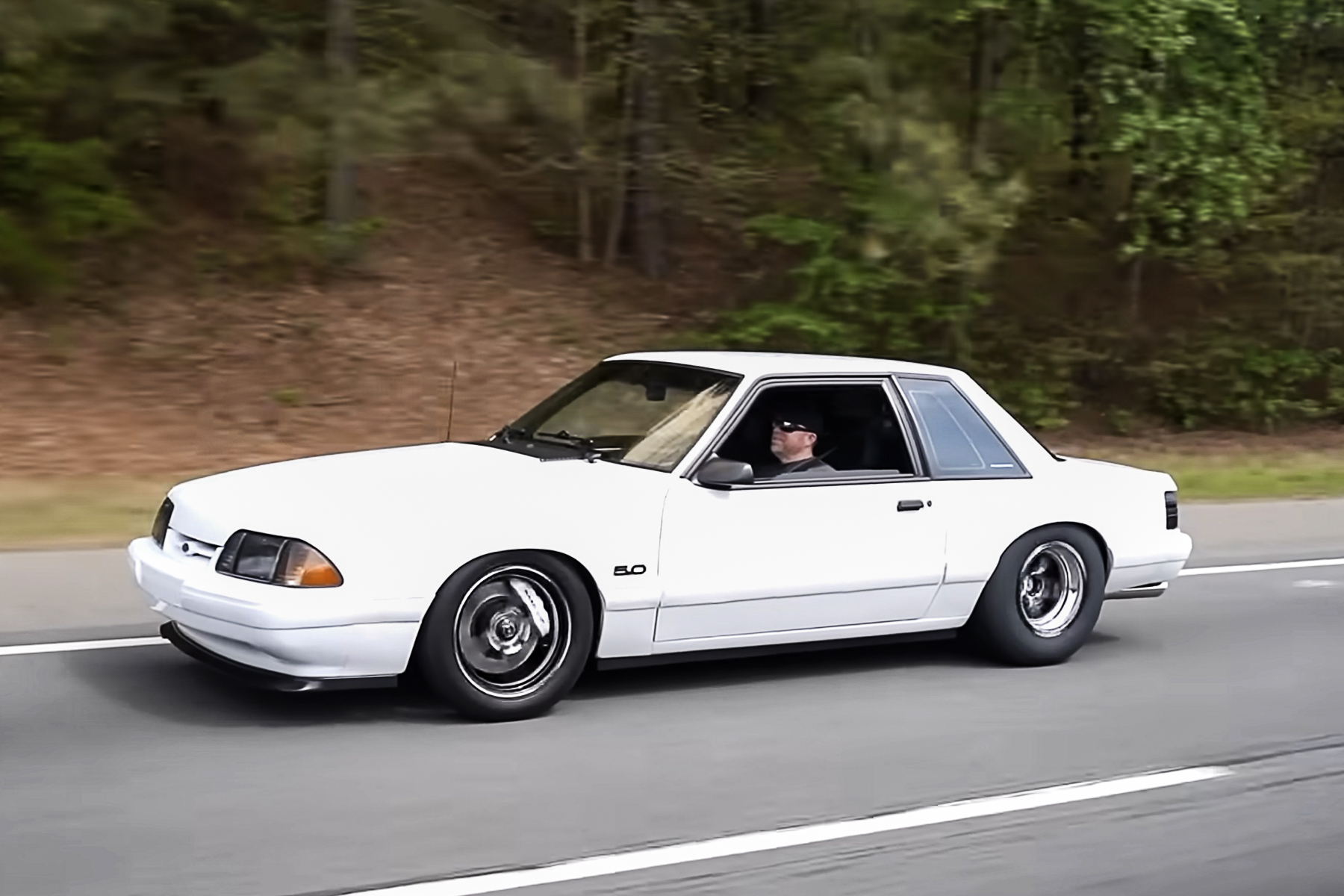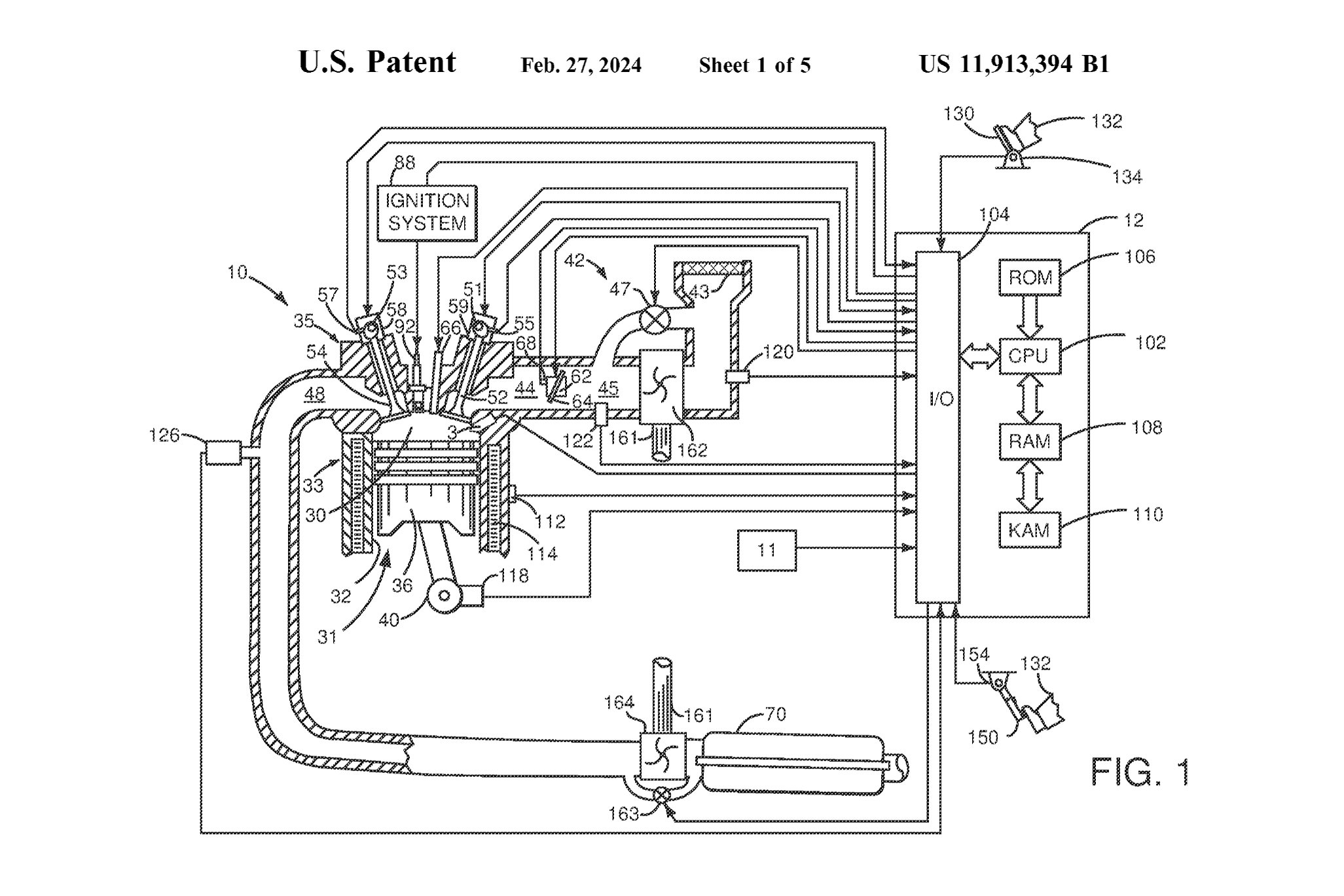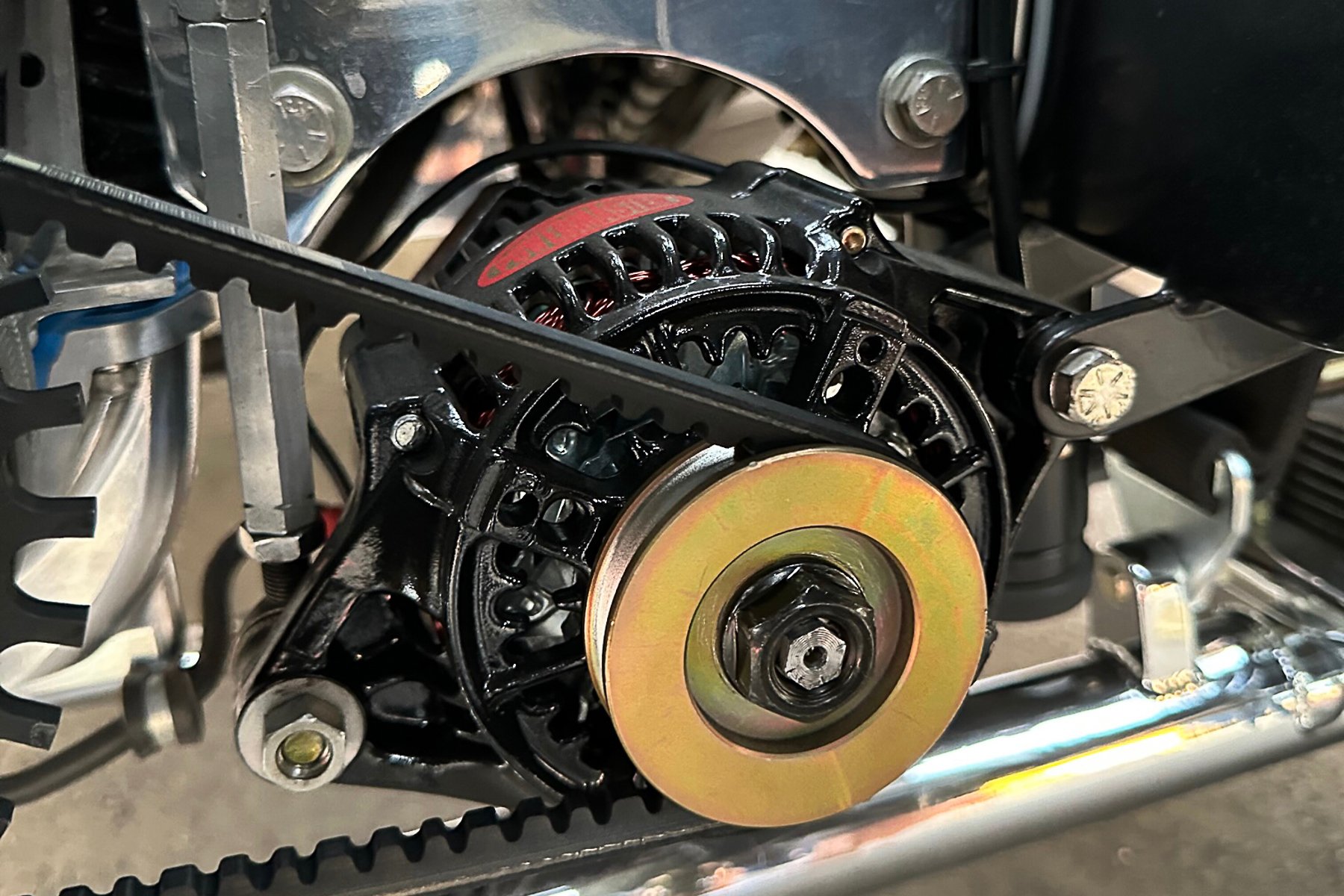Yes, you read that correctly. In the past few months Ford Motor Company has been making waves in the racing community by participating in more road course racing programs ranging from Mustang GT3 and GT4 racing to the Australian V8 Supercar Championship. Ford has now embarked on another adventure, this time the Blue Oval will be rejoining Formula 1 with the Red Bull team for the 2026 season and continue to 2030. This would rekindle a F1 flame that was last seen in early 2000s before Ford dropped out.
Ford’s reign in F1 is primarily remembered with the Ford-Cosworth partnership that lasted into the mid-1980s. Between 1967 and 1983 Ford had won 155 races, 10 constructor’s championships and 13 driver’s titles. These wins make for the most successful engine manufacturer in F1 to this day. However, in 2004 Ford pulled the plug on its participation and had yet to return.

Ford Motor Company will be pairing with Red Bull Racing in 2026 to provide expertise to both the Oracle Red Bull Racing and Scuderia AlphaTauri teams.
So, what caused Ford to become involved in the pinnacle of motorsports again? Well, one could argue F1 has seen a major push to involve the American side in the motorsport with streaming services, Netflix-based series, and the building of world class tracks, such as the Circuit of The Americas in Austin, Texas, to name a few. Others could see recent hybrid rule requirements from F1 playing a major hand, as well.
Ford, alongside world champions, Oracle Red Bull Racing, is returning to the pinnacle of the sport, bringing Ford’s long tradition of innovation, sustainability, and electrification to one of the world’s most visible stages. Bill Ford, Executive Chair, Ford Motor Company
Ford will not be bringing a vehicle of its own to the 2026 season, but rather will be teaming up with Red Bull to provide expertise in areas including battery cells, electric motors, power unit control software, and analytics to both the Oracle Red Bull Racing and Scuderia AlphaTauri teams. This marks a pivotal entry with F1 requiring teams to increase electrical power by as much as 50-percent and use fully sustainable ethanol fuels.
While Ford Motor Company CEO Jim Farley has been a staunch supporter of motorsports racing, could this be to grow Ford Racing’s outreach or to further push the trickle down of hybrid technology to future Ford vehicles, perhaps both? Time will tell, but in any case we’re excited to see what the future holds for the Red Bull and Ford Motor Company partnership.



